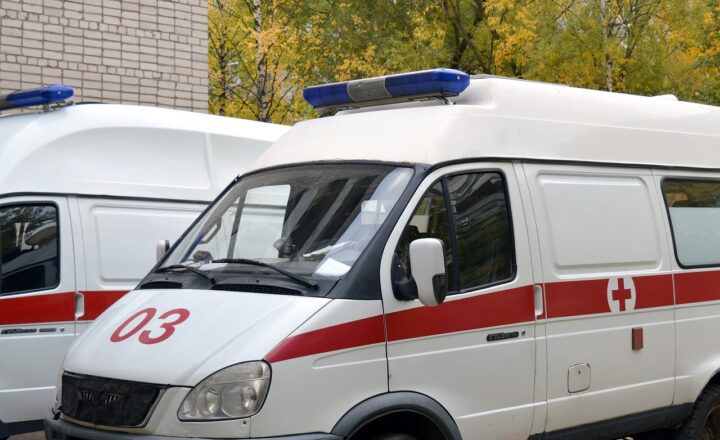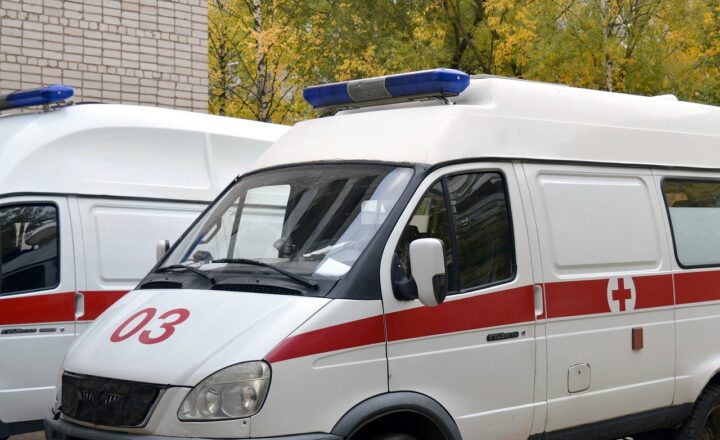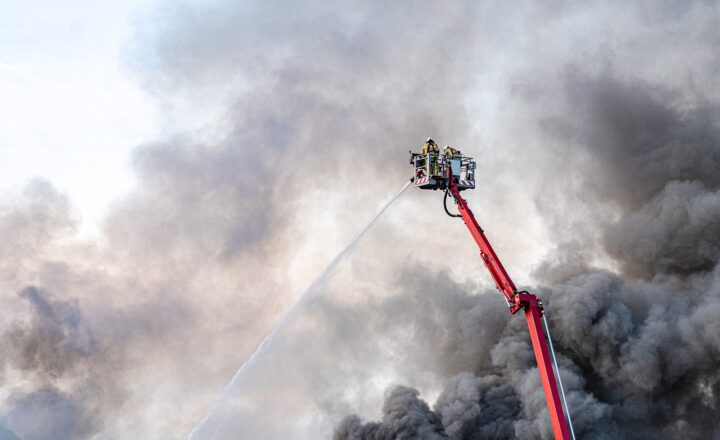Inside the Mind of an EMT: How Paramedics Handle High-Stress Situations
November 13, 2024

In the midst of chaos, when sirens pierce the air and lives hang in the balance, Emergency Medical Technicians (EMTs) and paramedics must execute their roles with precision, care, and expert knowledge. But what does it take to perform under such intense pressure? How does the mind of an EMT work, and what strategies do they employ to navigate the unthinkable? This comprehensive article delves into the psychological and emotional aspects of being a frontline responder in emergency medical services.
1. The Nature of High-Stress Situations
Emergency medical services face some of the most unpredictable and intense scenarios imaginable. From car accidents to cardiac arrests, EMTs encounter life-threatening situations that demand rapid thinking and swift action. Each call presents unique challenges, including:
- Unpredictability: No two emergencies are alike; EMTs must be prepared for anything.
- Time Sensitivity: Many situations are critical where every second counts.
- Life-and-Death Decisions: Making the right choice can mean the difference between life and death for patients.
- Emotional Drain: Witnessing trauma, suffering, and sometimes death takes an emotional toll.
Understanding the nature of these high-stress situations is the first step in analyzing how EMTs cope and manage their mental health.
2. Training the Mind: Mental Preparation
EMTs undergo rigorous training that not only prepares them medically but also focuses on mental resilience. Key training components include:
- Simulated Scenarios: EMTs participate in mock emergencies that mimic real-life situations. This prepares them for the unpredictability of actual emergencies and helps desensitize them to the stress experienced in high-pressure moments.
- Stress Management Techniques: EMTs learn strategies such as deep-breathing exercises, mindfulness, and visualization techniques to remain calm under pressure. Practicing these techniques regularly enhances their ability to cope in real situations.
- Team Training: Working effectively as a team is crucial during emergencies. EMTs engage in teamwork training to build trust and improve communication, fostering a sense of camaraderie that can alleviate stress during calls.
With mental preparation in place, EMTs are better equipped to handle the stress associated with their critical roles.
3. Coping Mechanisms During Emergencies
In the heat of the moment, EMTs must rely on their training and experience to manage stress effectively. Here are some coping mechanisms they frequently employ:
- Focused Breathing: EMTs often engage in focused breathing during high-stress calls. This simple yet effective technique helps regulate heart rate, reduce anxiety, and enhance clarity of thought while making critical decisions.
- Prioritization: In intense situations, EMTs must quickly assess the scene and prioritize care based on the severity of injuries. This mental checklist of priorities enables them to act decisively in determining who needs immediate attention.
- Mindfulness Practices: EMTs incorporate mindfulness practices to keep themselves grounded during emergencies. By focusing on the present moment, they can limit distractions and manage overwhelming emotions, thereby improving focus and response time.
These coping mechanisms not only enhance their performance but also help mitigate the emotional impact of the situations they encounter.
4. The Role of Communication
Effective communication is vital for EMTs, both with each other and with patients. During emergencies, clear communication can make the difference between chaos and order, particularly in high-stress situations:
- Team Coordination: EMTs must communicate clearly with their partners and other responders. This ensures seamless coordination in tasks, minimizes confusion, and optimizes patient care.
- Patient Interaction: Communicating with patients, even in shock or distress, is crucial for establishing trust and providing reassurance. Effective communication helps them understand what is happening and can help alleviate their anxiety.
- Briefing and Debriefing: After handling a call, EMTs often participate in debriefing sessions, discussing what went well and what could be improved. This reflection helps solidify learning and reinforces team cohesion while managing emotional guides.
The importance of communication is paramount and is pivotal in ensuring the success of emergency responses even amid chaos.
5. The Aftermath: Coping with Trauma Post-Call
After dealing with trauma, EMTs often face emotional consequences that can linger long after the call has ended. Effective coping strategies are essential for managing post-call stress:
- Peer Support Systems: Many EMS organizations implement peer support programs where EMTs can discuss their experiences with colleagues who understand the unique pressures of the job. These support networks promote emotional healing and resilience.
- Professional Help: Seeking professional counseling or therapy is sometimes necessary for EMTs who find themselves struggling with the emotional toll of their work. Professional mental health support can provide tools and strategies to cope effectively with trauma.
- Healthy Outlets: EMTs are encouraged to engage in healthy activities that foster relaxation and resilience, such as physical exercise, art, or hobbies. Finding creative outlets can help process emotions and relieve stress after high-pressure situations.
In recognizing that emotional well-being is crucial for long-term success and sustainability in their careers, EMTs can take proactive steps towards healing.
6. Conclusion: A Glimpse into the Warrior Mindset
Being an EMT is a noble and challenging vocation that requires a unique blend of skills, mental strength, and emotional resilience. By training, practicing coping strategies, relying on communication, and addressing post-call stress, EMTs develop a warrior mindset, capable of handling high-stress situations effectively.
The next time you hear sirens, remember the individuals behind the wheel are not just responders—they are warriors battling chaos and uncertainty daily. Their ability to remain calm and decisive amidst turmoil is a testament to their dedication, training, and indomitable spirit.







